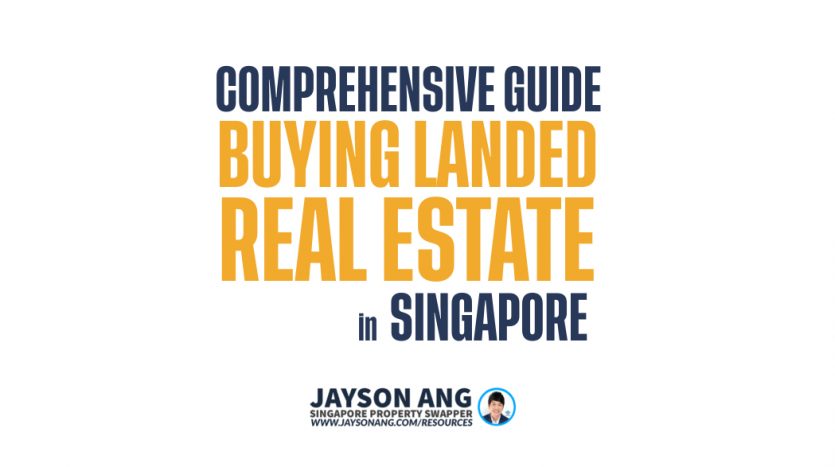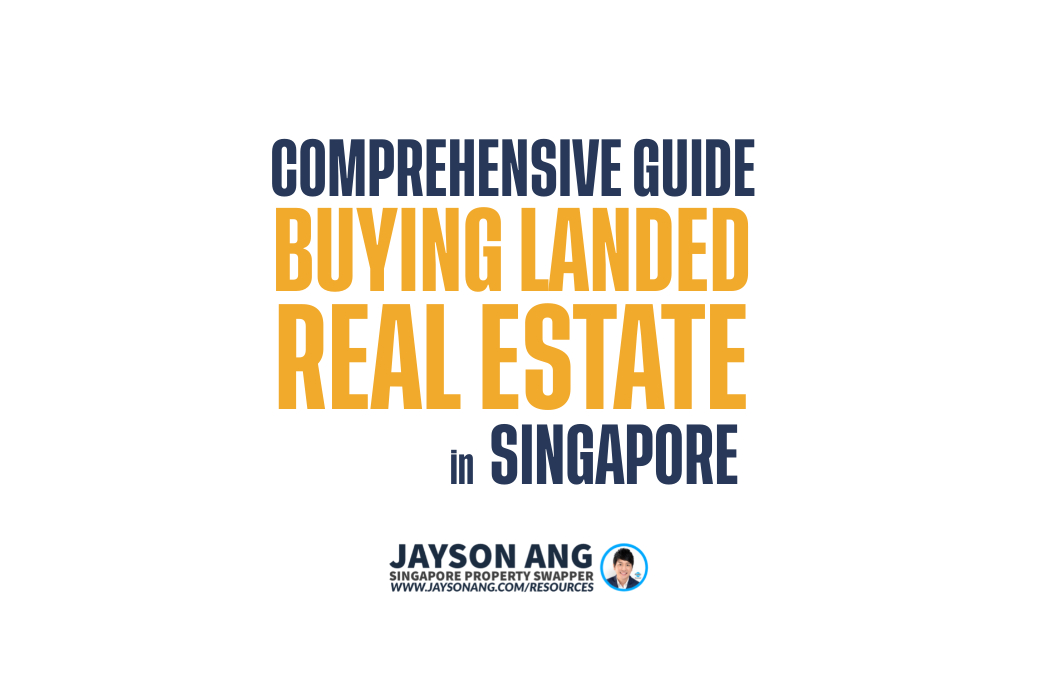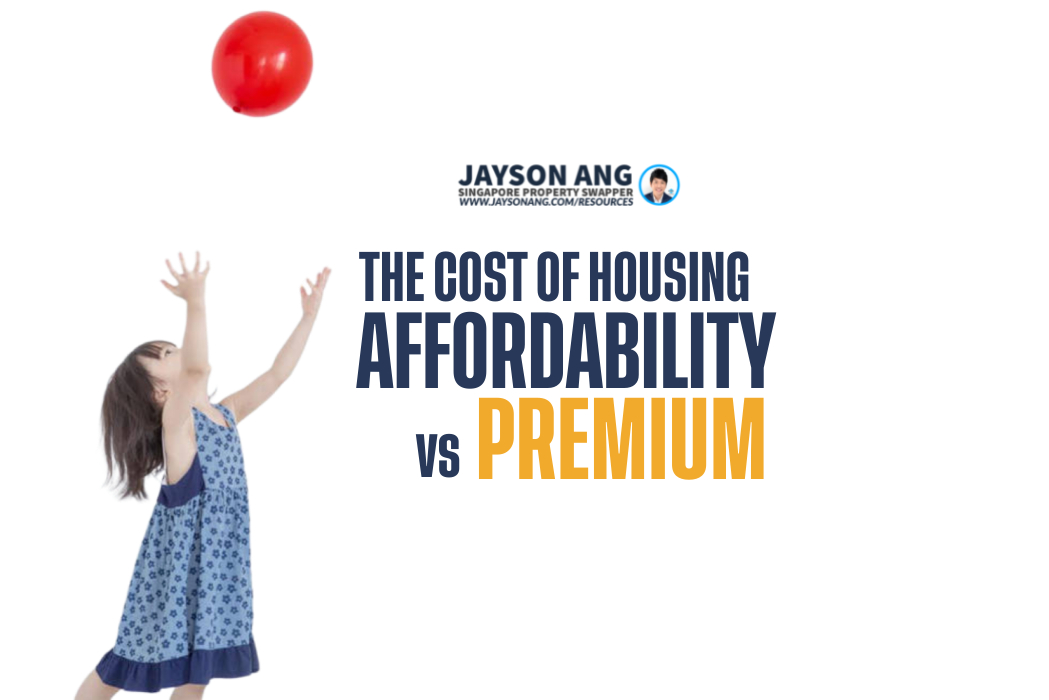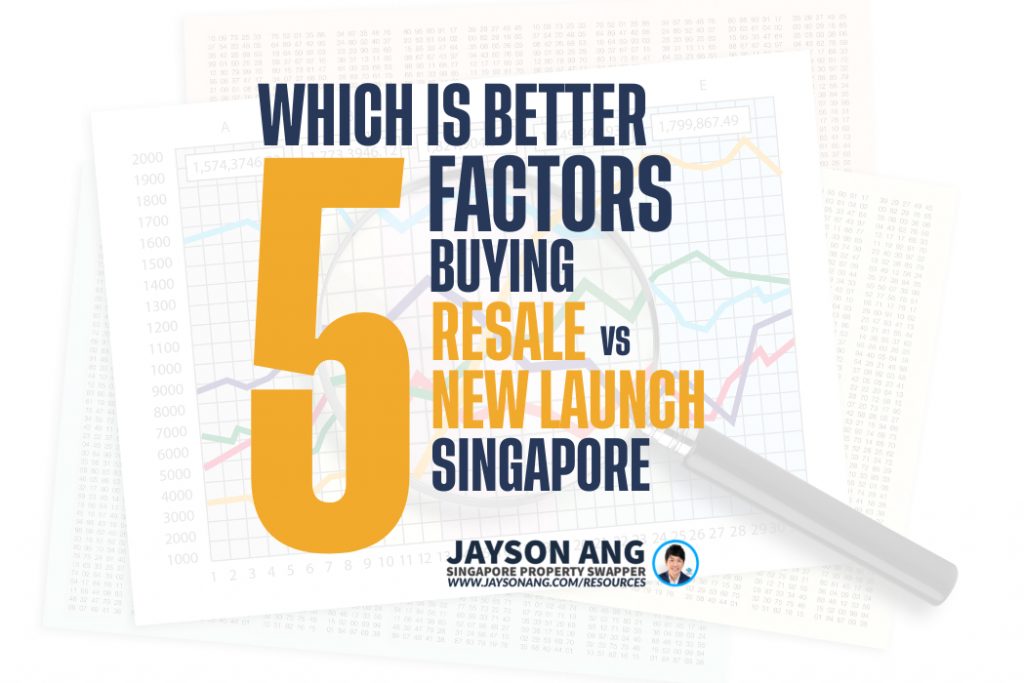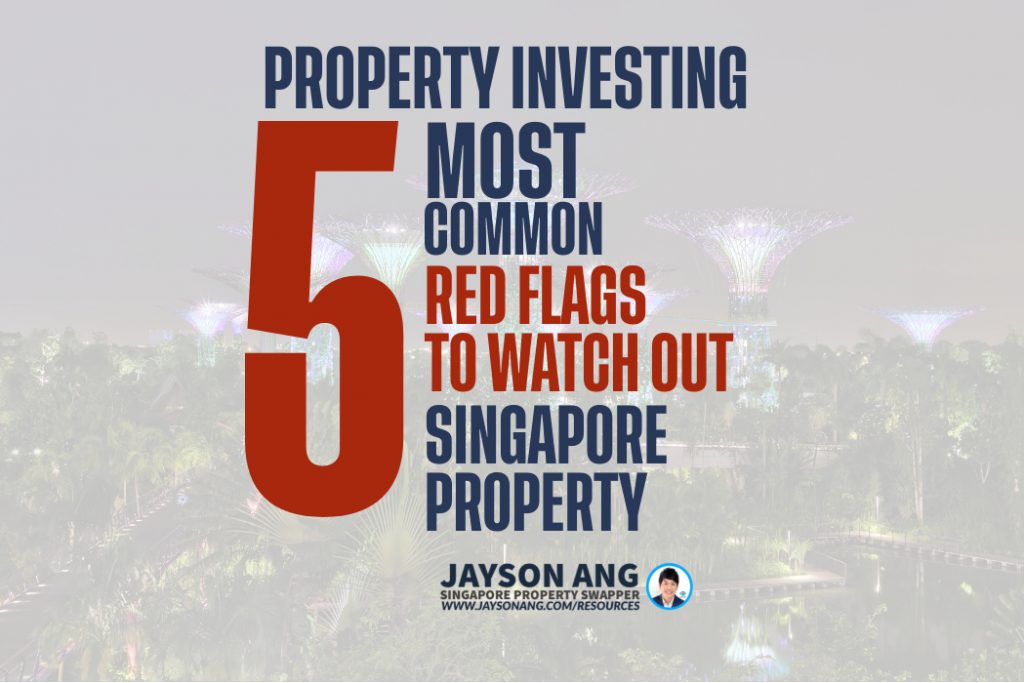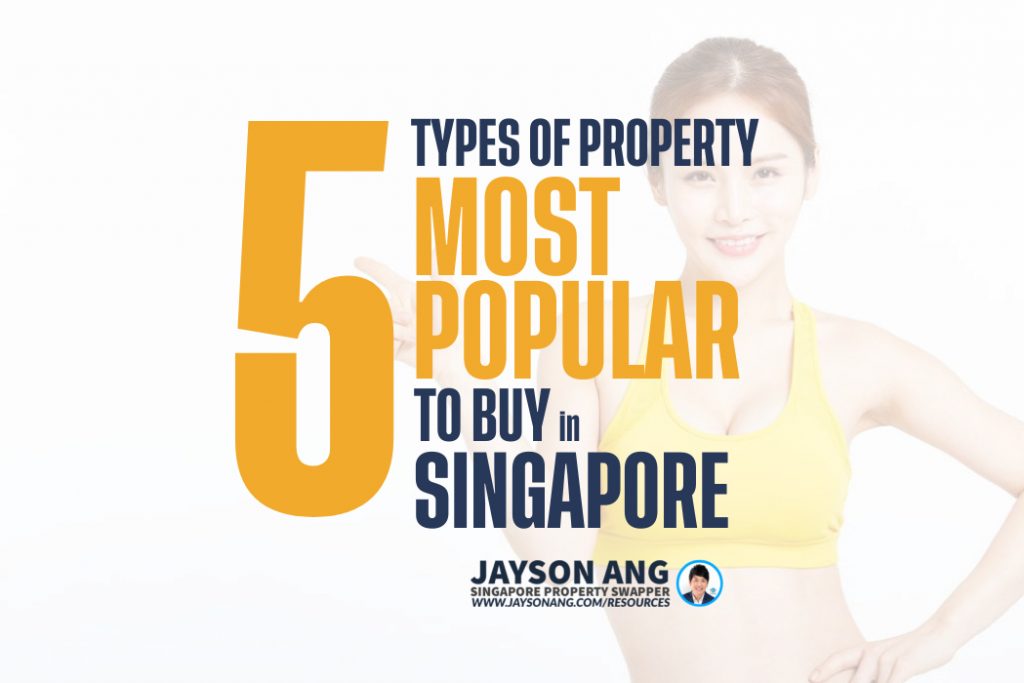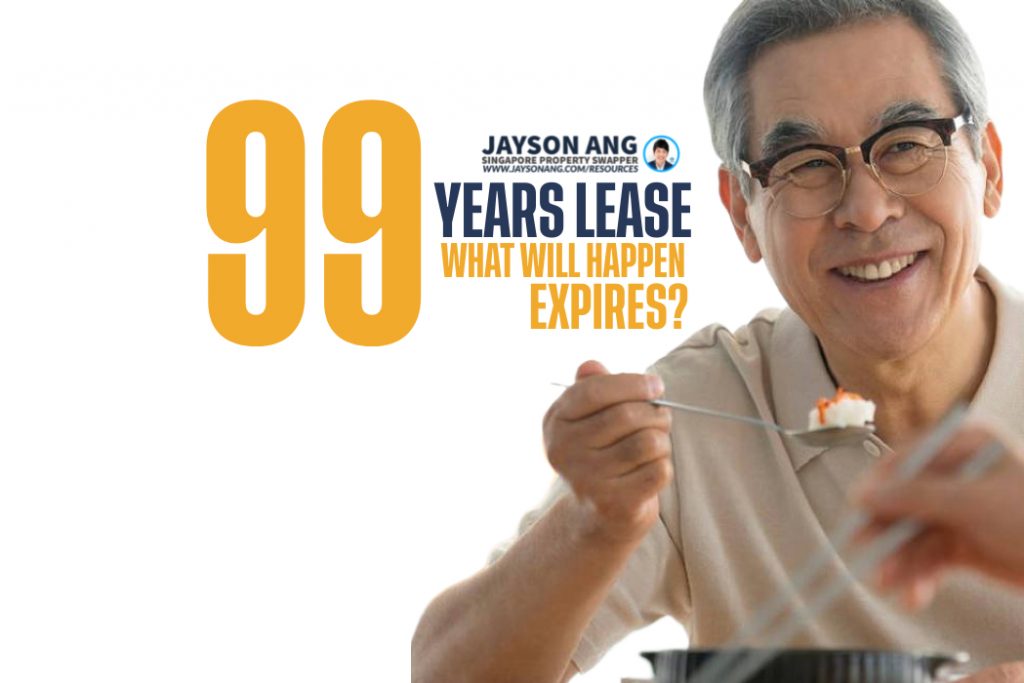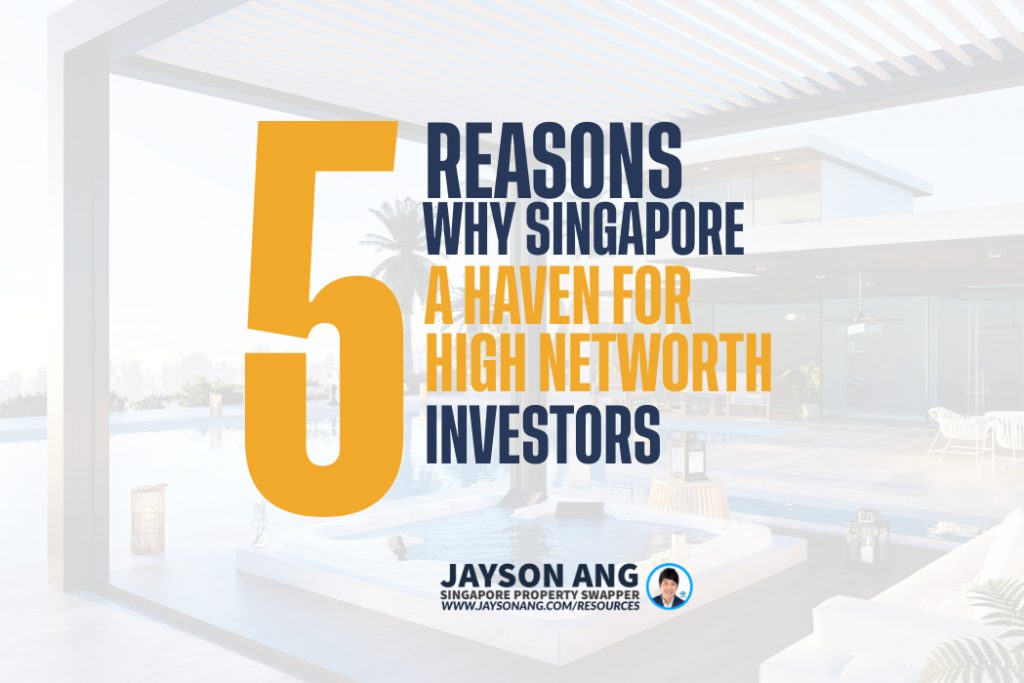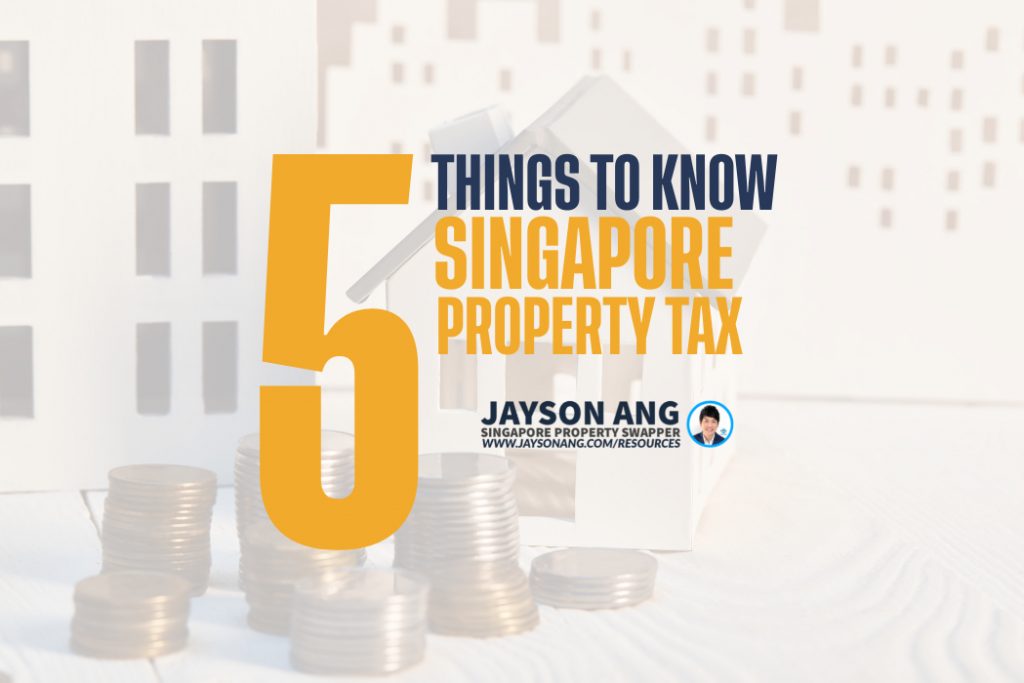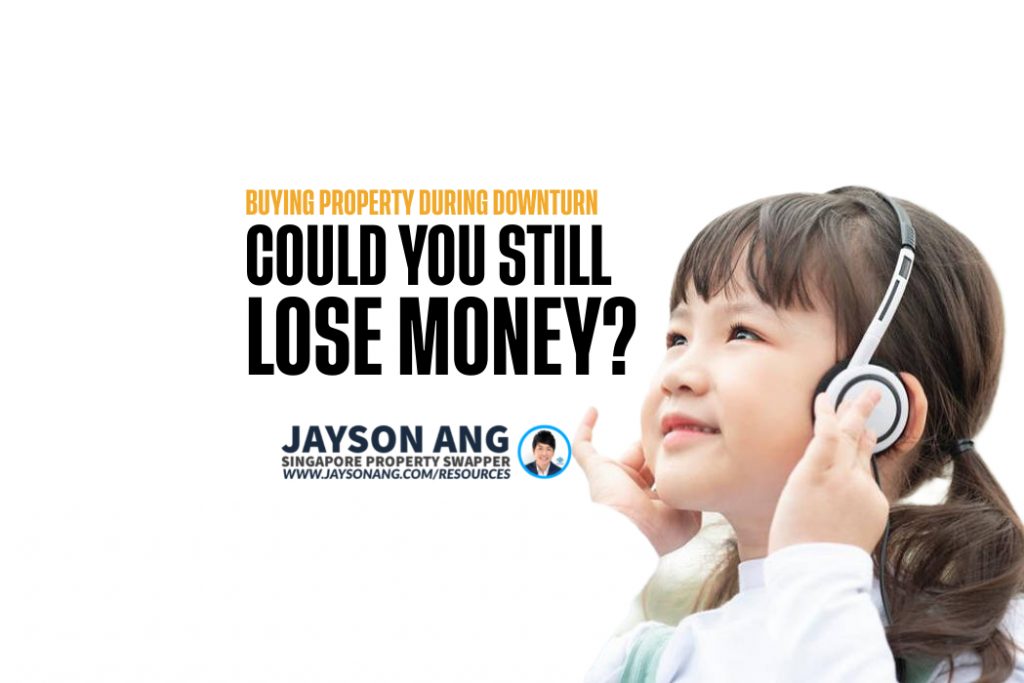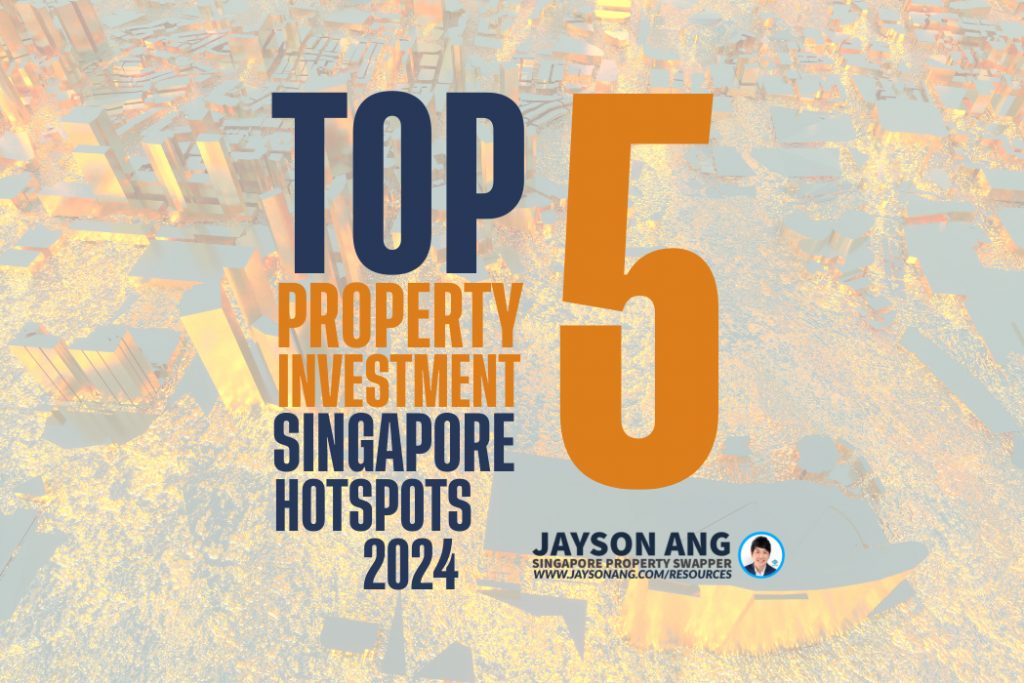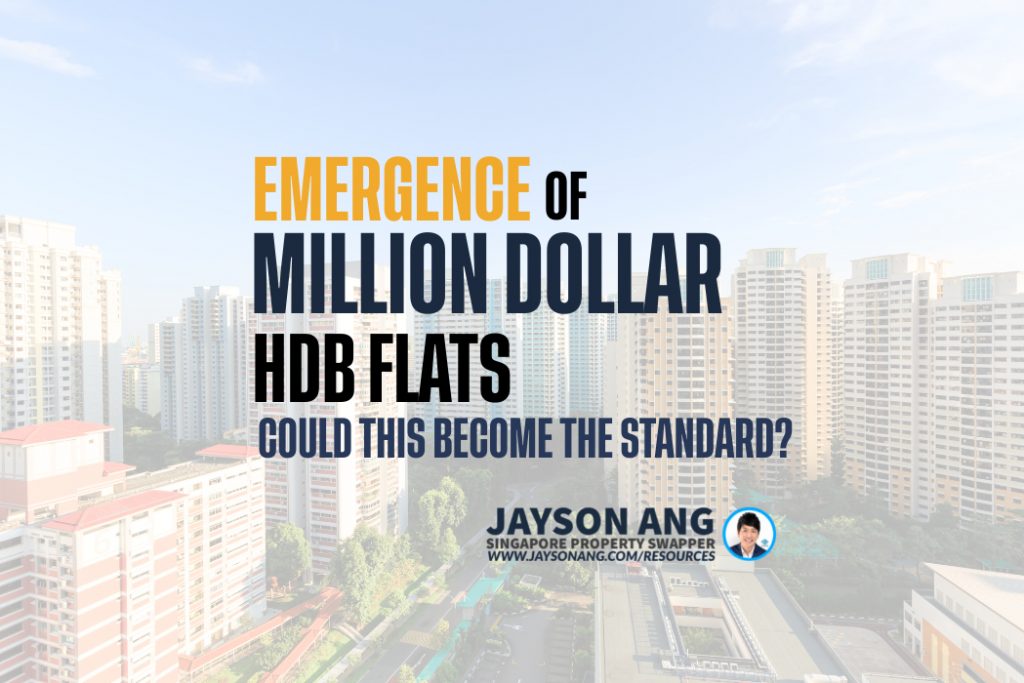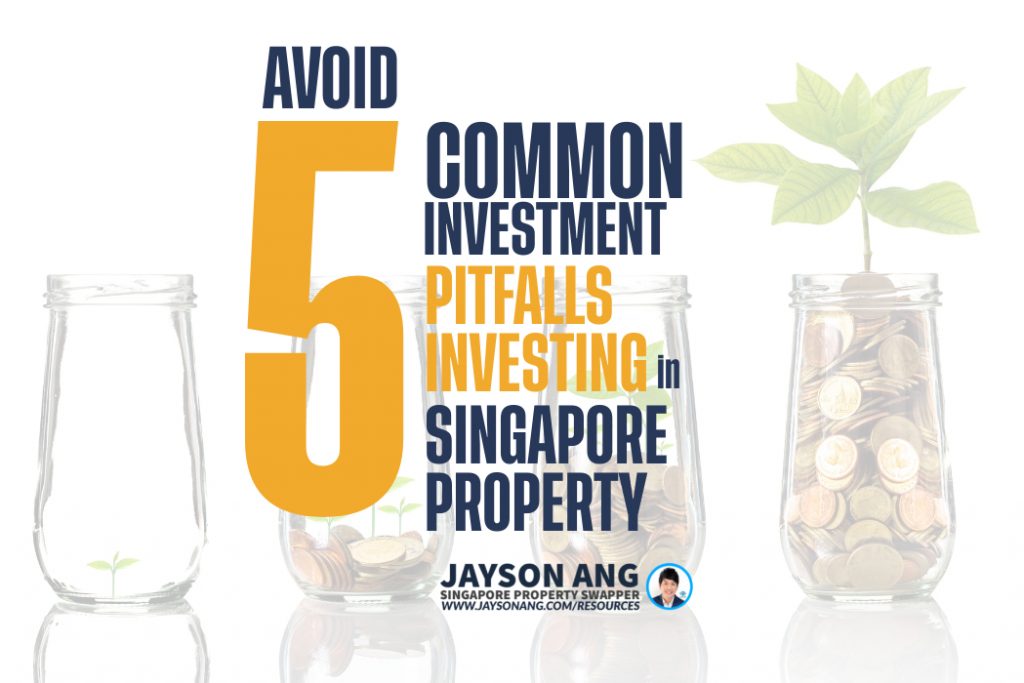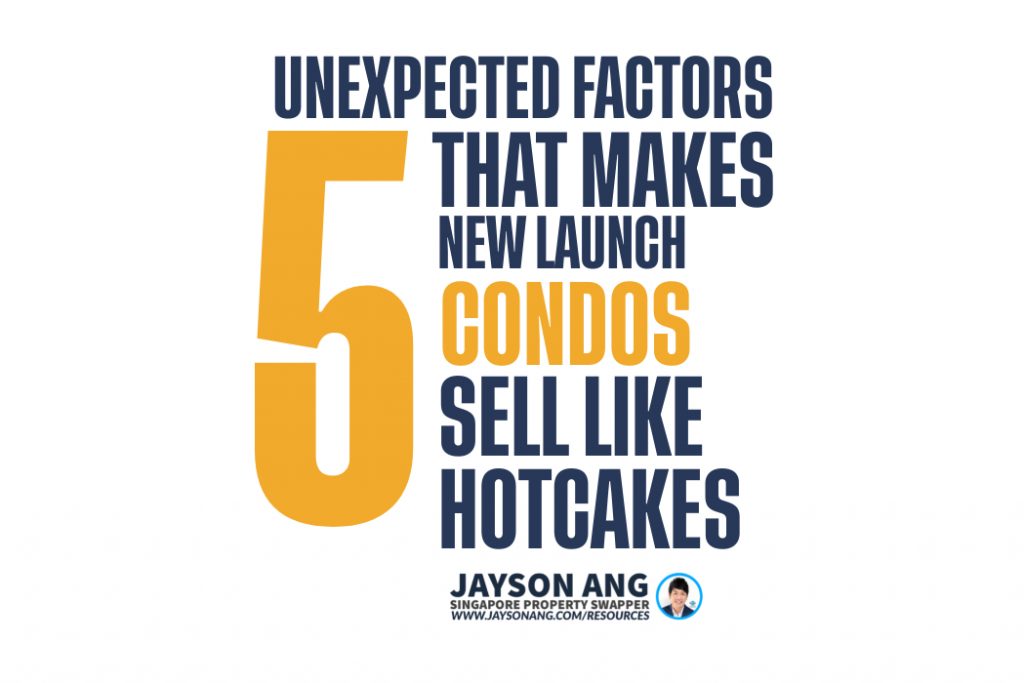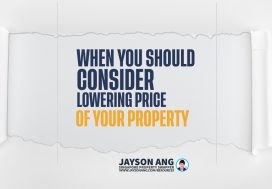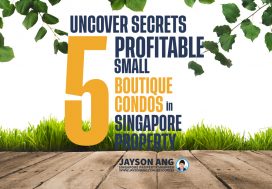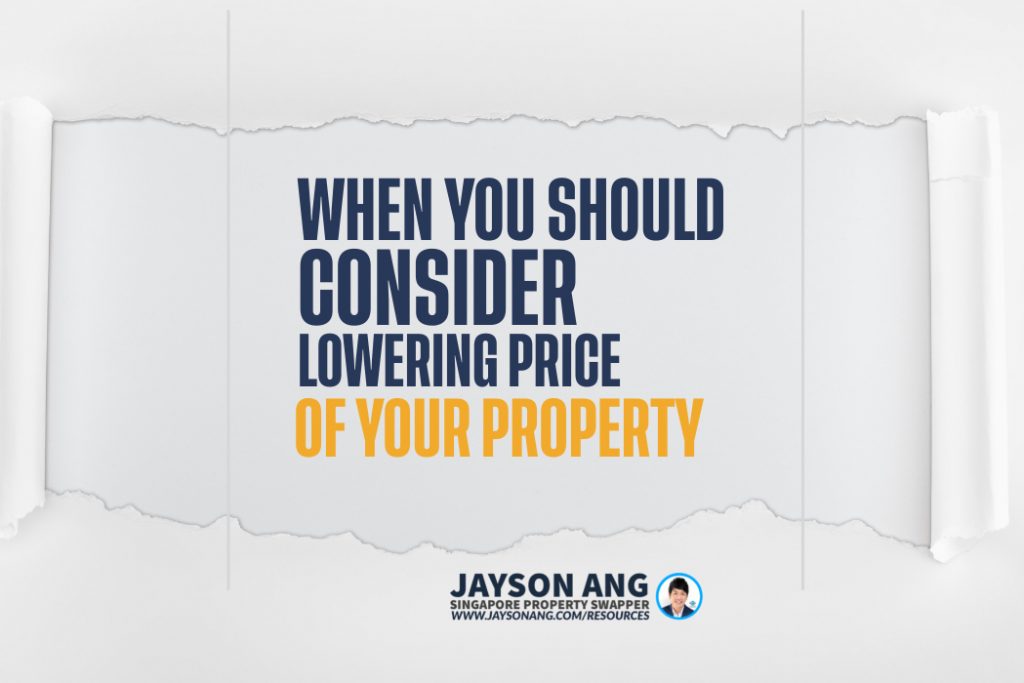TLDR
When it comes to buying landed property in Singapore, there are three main types: terrace houses, semi-detached homes, and bungalows. Each type offers different features and ownership structures. The cost of buying landed property can range from nearly $4 million for a terrace house to over $11 million for a bungalow, with location playing a significant role in pricing. Foreigners and Permanent Residents face restrictions when purchasing landed property in Singapore and need approval from the authorities. Financing options include using CPF savings and bank loans, with specific criteria to meet. Conducting thorough title searches is crucial before making a purchase to ensure a clear understanding of the property’s legal status. Lastly, understanding the process of lodging a caveat can protect buyers’ interests in transactions involving landed properties.
Imagine the possibility of owning a terrace house that’s priced around a cool $4 million. A hefty sum, isn’t it?
In Singapore, most of us are pretty savvy when it comes to navigating the purchase of HDB flats or condos.
However, the thought of acquiring landed property seems a bit more foreign. That’s not surprising, considering only a small fraction – about 5% – of Singaporean households call these landed properties their home.
For those lucky enough to be in the market for such an investment (or if you’re just interested in knowing how it all works), here’s your ultimate guide to buying landed property in Singapore.
Types of Landed Property Available in Singapore
In Singapore, the real estate scene is dominated by three primary types of homes with their own piece of land: terrace houses, semi-detached homes, and bungalows.
The Urban Redevelopment Authority (URA) defines a terrace house as an individual unit within a row of at least three homes, all sharing walls. The corner units, or the homes at each end of the row, are often more popular due to their larger plot size.
On the other hand, a semi-detached house is essentially one half of a pair. Each of these homes has its own title deed and shares a wall with its twin. While they’re typically constructed side-by-side, it’s not uncommon to find them back-to-back.
Lastly, a bungalow is a completely detached property with its own title deed. It stands alone without any shared walls and is encompassed by its own land.
It’s worth mentioning that all these categories of homes can be strata-titled, meaning each homeowner owns their individual lot and a share of the common property.
Alright, so you know those high-end bungalows called GCBs, right? They’re technically just bungalows, but they’ve got their own category because they’re a little bit special.
First off, they can’t be just anywhere. They’ve got to be in one of the 39 spots that the URA has listed out. Plus, they need to have some serious space, like at least 15,069 square feet. And don’t think about building a skyscraper; these beauties can’t be more than two stories tall (though you can sneak in an attic or basement).
But here’s the thing: at least 60% of the land has got to be left for the green stuff. Trees, shrubs, you name it. Because what’s a fancy bungalow without a lush landscape, right?
How Much Does It Cost To Buy A Landed Property In Singapore?
Private residential property data from URA indicates a slight uptick in the price index for landed properties. For the second quarter of 2023, it stands at 231.2, up from 228.7 in the first quarter, a substantial 5.9% leap from the last quarter of 2022. This is the most significant increase among all private residential categories, including non-landed properties like condos.
Between the start of 2023 and August the same year, over 730 transactions involving resale landed properties were logged or options offered, as per URA’s records on Private Residential Property Transactions. Our focus was purely on resale properties, which typically represent the bulk of landed property deals. New sales, sub-sales, and strata-titled landed properties were not within our purview.
An idea of the sort of cash you’d need to dish out to buy a landed property – it’s no chump change for most folks. There’s a restricted supply too. Generally, you’re looking at nearly $4 million for a terrace house, upwards of $5 million for a semi-detached, and around a whopping $11 million for a bungalow.
Location plays a huge role in pricing. The Outside Central Region (OCR) is your best bet if you’re looking for affordability, while the Core Central Region (CCR) will set you back a pretty penny. The CCR also boasts Good Class Bungalows (GCBs), renowned as the abodes of Singapore’s crème de la crème.
Foreigners And Permanent Residents Are Not Allowed To Buy Landed Property In Singapore Without Approval
If you’re a foreigner and got your eyes on some landed property in Singapore, there’s a couple of things you should know. The Residential Property Act has some rules about this. First off, you gotta get a green light from the Controller of Residential Property in the Singapore Land Authority, or SLA for short.
So, who’s considered a foreign person? Well, unless you’re a citizen of Singapore, a Singapore company, a Singapore limited liability partnership, or a Singapore society, you’re in that category. Even Permanent Residents have to go through the process to buy landed property here.
How does the SLA decide if you can buy? They look at several factors including how long you’ve been a Permanent Resident (at least 5 years is a good start) and what kind of economic contribution you’ve made to Singapore. They’ll check out things like your taxable employment income.
There’s one exception though. You can buy landed property in Sentosa Cove as a foreigner, but you still need to get approval from the SLA before you seal the deal.
You Can Use CPF And/ Or A Bank Loan
Like snagging a condo, folks buying landed property can dip into their CPF savings or snag a bank loan to help pay for their new digs.
Here’s the deal, if you want to use your CPF savings to buy a private home, it needs to have at least 20 years left on its lease. The chunk of CPF that you can use is adjusted based on the age and remaining lease of the property. To squeeze out the most from your CPF, the remaining lease needs to cover the youngest owner till they hit 95.
The highest amount of CPF you can use for a private home (landed property included) is either the lower of the purchase price or the valuation price at the time of buying, provided you haven’t hit your Basic Retirement Sum (BRS). If you’ve hit the BRS, you can use an extra 20% of the lower of the purchase price or the valuation price.
As for bank loans, the same rules apply when buying private property. If you’re debt-free, you can borrow up to 75%, but you’ll need to cough up at least 5% in cash upfront. All in all, your total debt, including your housing loan, can’t go past 60% of your monthly gross income.
Just a heads up, landed property buyers will also have to pay the same buyer’s stamp duty, additional buyer’s stamp duty, and seller’s stamp duty as other property buyers.
Title Searches Are Important Before Buying Landed Property
When you’re in the market for a house, there’s more to think about than just the bricks and mortar. Unlike snapping up an apartment or condo, buying a landed property involves getting some land with it, which adds an extra layer of complexity to the process.
You see, the land might carry certain conditions or legal terms like easements and covenants that could limit how you use it. Imagine an easement as a sort of passageway. Let’s say your property is the only way to get to another one – chances are, there’s an easement in your land title granting access to that other property. This means you can’t just build willy-nilly on your land without thinking about the easement.
Knowing the boundaries of your land title is also super important, so you don’t accidentally wander onto someone else’s property or, even worse, state land. There was this couple once who unknowingly trespassed on state land for nearly a decade and a half!
Luckily, most landed properties come without any land easements or covenants. But just to be safe, your lawyer should do a thorough check for you and flag any potential problems.
It Is Not Mandatory To Lodge A Caveat For Landed Property
The Urban Redevelopment Authority or URA shares that a caveat is essentially a legal paper that buyers file with the Singapore Land Authority. This allows them to officially declare their interest in the property they’re buying. Generally, this filing is done once the buyer has made it official with either an Option-to-Purchase or a Sales and Purchase agreement.
Now, just because you can lodge a caveat doesn’t mean you have to. So, some transactions involving landed properties might slip under the radar of URA’s Private Residential Property Transactions and stay out of the public eye. Regardless, lodging a caveat is still a smart move for buyers because it shields their interests. In a situation where multiple parties are vying for the same property, whoever lodged their caveat first gets priority. And don’t worry about doing it yourself – normally, the lawyer handling the paperwork would take care of this part.
Should You Buy, Sell or Wait?
If you’re reading this, you must be trying to figure out the best course of action right now: is it the right time to buy or sell?
It’s difficult to give an exact answer since everyone’s situation is unique and what works for one person may not necessarily work for you.
I can bring you a wealth of on-the-ground experience and a data-driven approach to provide clarity and direction. From beginners to experienced investors, our top-down, objective approach will help you on your real estate journey.
I can help you by:
- Offering Strategic Real Estate Advice – I can help create a comprehensive plan to guide you through your property journey.
- Connecting Your Home with the Perfect Buyers – Through stunning visuals, an effective communication strategy, and an in-depth knowledge of the market, we’ll ensure your home is presented in the best possible way to fulfill your goals.
You May Also Like …

